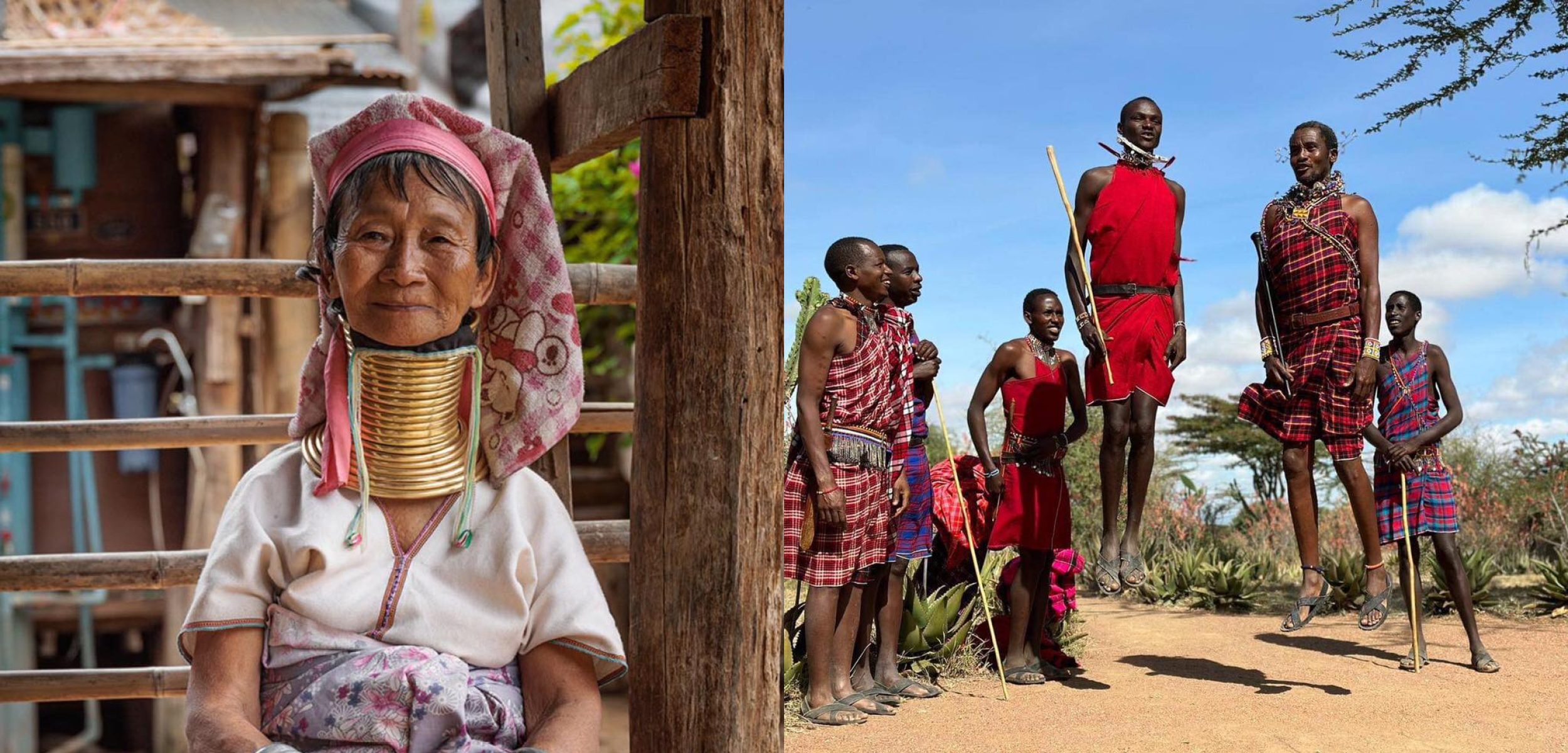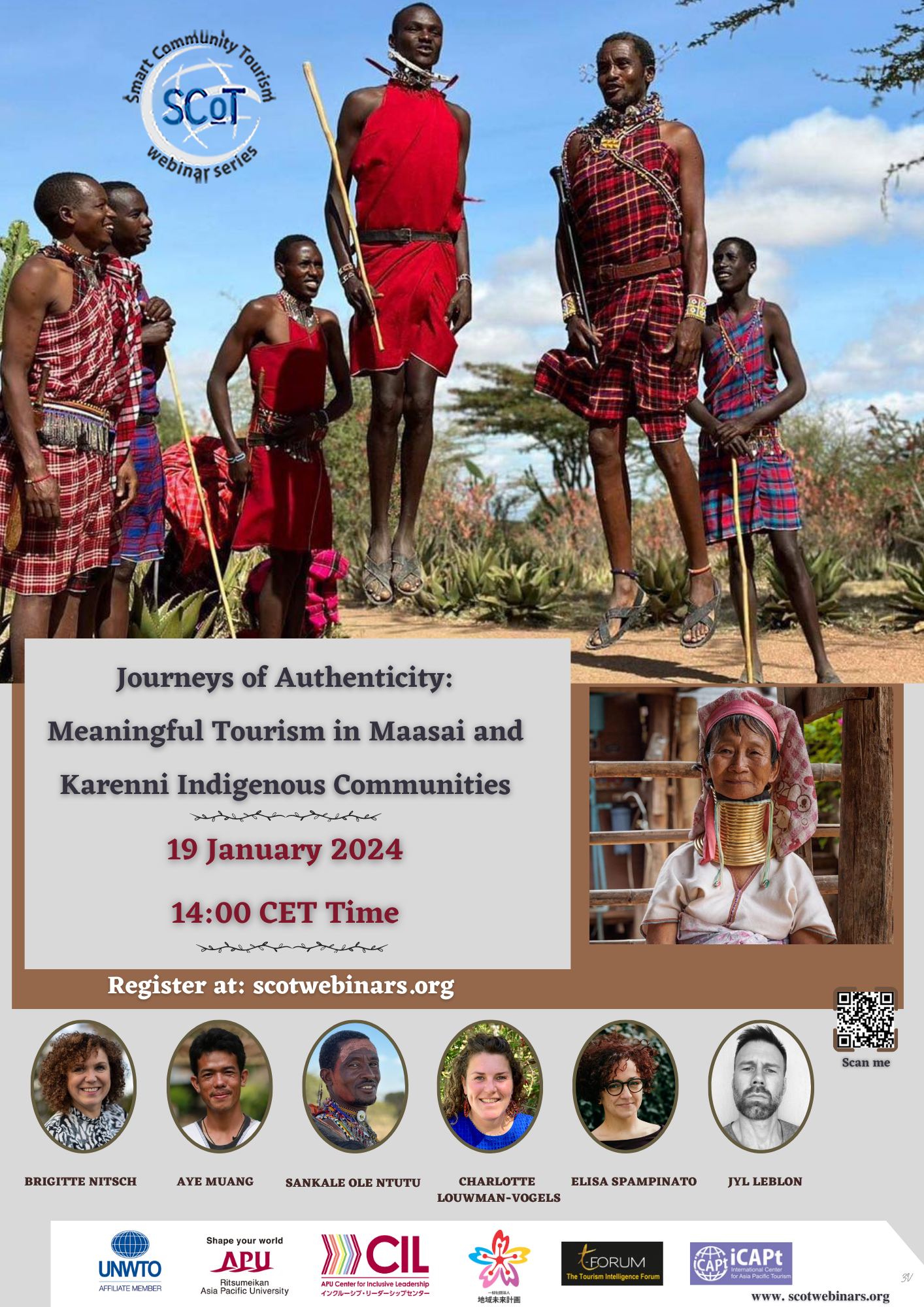Date
- Jan 19 2024
- Expired!
Time
CET Time- 2:00 pm - 3:30 pm
Languages

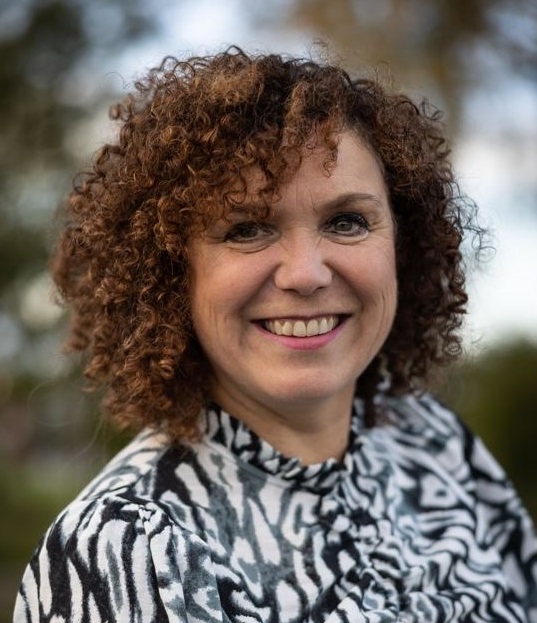
|
Brigitte Nitsch MSc, MA, has a rich 25-year tenure as a senior lecturer at NHL Stenden (Leeuwarden, The Netherlands) and researcher in social studies.Her expertise extends to consultancy roles across diverse international projects in Europe and Asia. A major assignment was allocated by the Dutch Development Aid Organisation in Nepal. In various mountain areas, she supported tourism initiatives aimed at alleviating poverty. Her focus centred on fostering inclusivity to destination management and developing tourism initiatives collaboratively with local communities. She has been participating in several international higher education projects in the hospitality sector. Actively advocating for the integration of Sustainable Development Goals into strategic business plans and destination development during workshops and conferences, her research interests relate to rural studies, including agritourism, geotourism, inclusive and accessible tourism and human rights. |
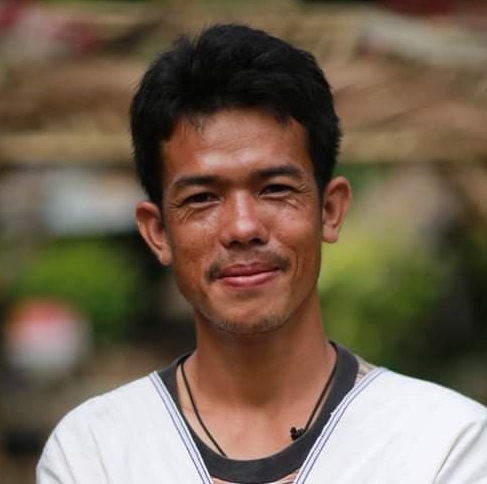
|
Aye Maung (or you can call him Emo) is Kayan (long neck). He was born in 1989 in De Moe Soe Township, Karenni state, Myanmar. He moved to Huay Pu Keng village (in Mae Hong Son, Thailand) with his father and two siblings in 2006. He married a Kayan woman in 2014 and they have 2 children. His mission is to work towards a better lifestyle and to save the Kayan tribe traditions and culture. He is a committee member and has been working as a local guide in the village for many years. As the CBT coordinator, he works together with the villagers to organize workshops, homestay and other immersive village experiences. He is very interested in cultural exchange and believes that cultural exchange can be a memory and life experience for local people and visitors. |
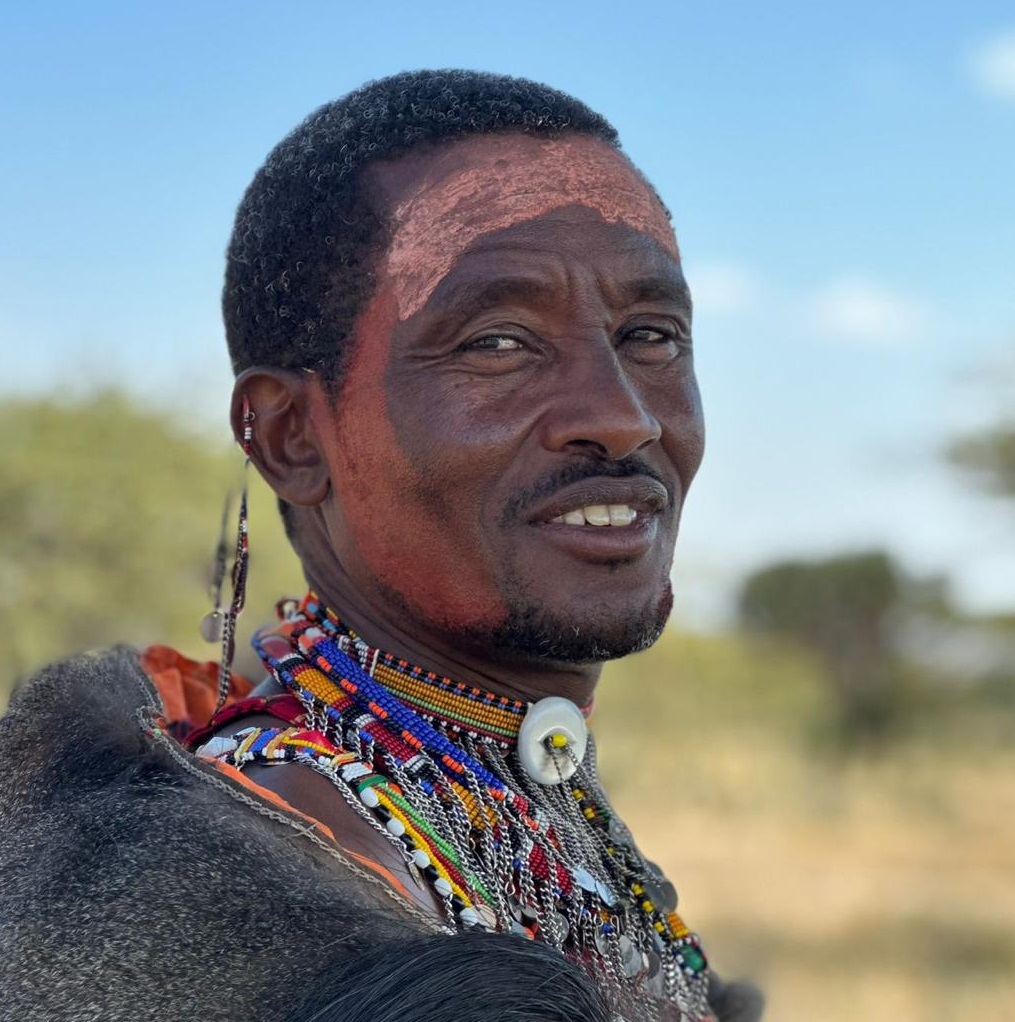
|
Sankale, son of the Paramount Chief Lerlonka Ole Ntutu and proud to be a Maasai Tribes Man. Besides being the Community Chief in Maji Moto, and spokes person between the communities and the Kenyan Government, he is a Naturalist and passionate Nature Guide in Kenya. He loves sharing his knowledge about living in harmony with nature. Together with his wide, Manon van Oldenbarneveld, he is the founder of the Back to Nature Foundation. His mission is to conserve biodiversity and Masaai Cultural Heritage in the famous Masai Mara ECO- System. As a leader not only for his community but for humanity, he started an authentic small camp called Lotta Hills Basecamp where people from all around the world come on organized tours to learn about Maasai culture and the way they live in complete harmony with nature. |
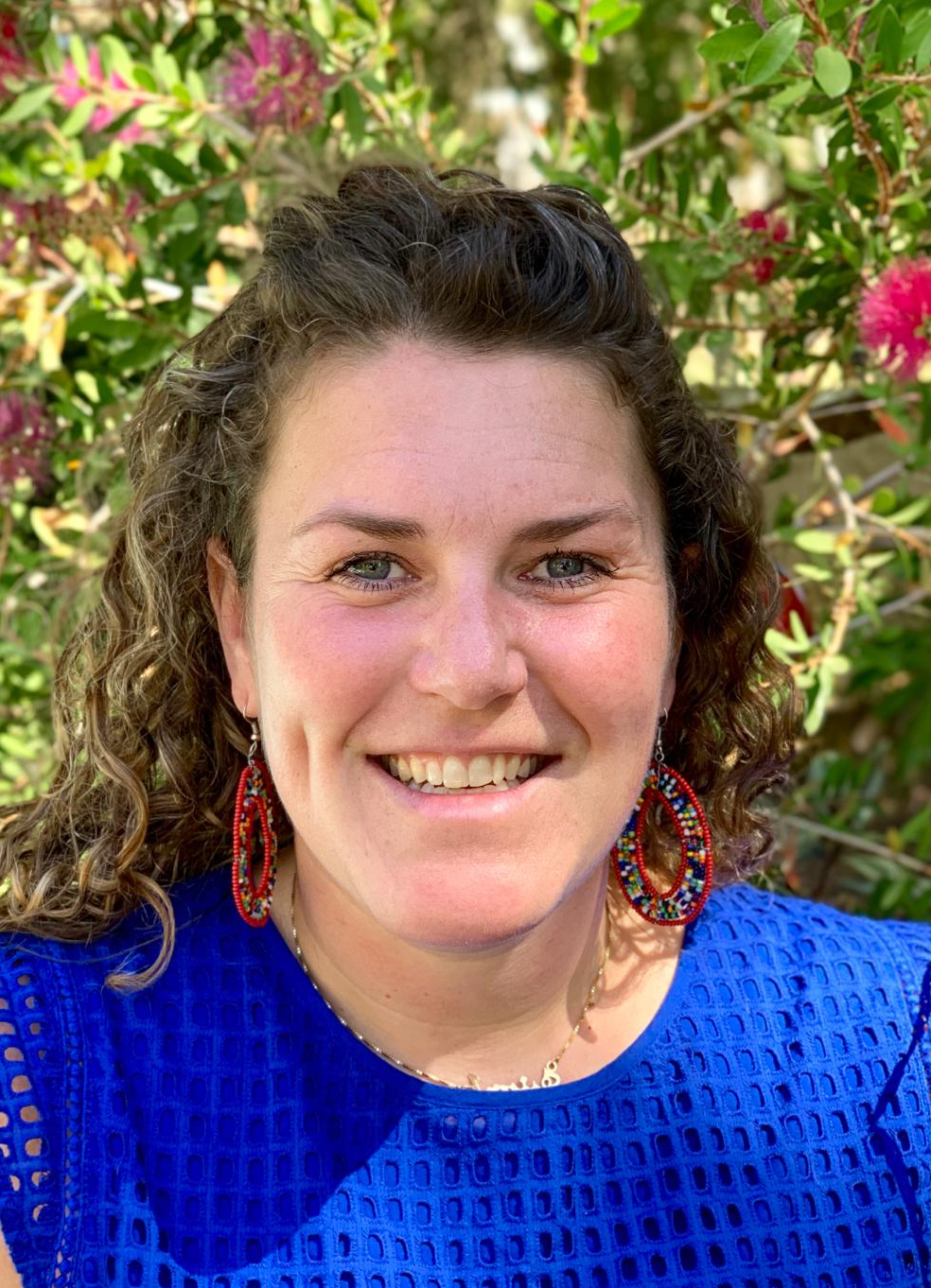
|
Since her graduation from the International Tourism Management & Consultancy degree at BUAS (The Netherlands) more than 20 years ago, she has spent her time both lecturing in tourism and working for Fair Tourism. The foundation strives for a world where indigenous people are no longer unwillingly considered an attraction, but instead are empowered to be leaders in community-based tourism (CBT). In current projects Fair Tourism collaborates with the Karenni in Thailand and the Maasai and Samburu in Kenya. Other activities undertaken to achieve this goal are creating awareness for CBT and related topics (like human rights, ethics, heritage and nature preservation) through workshops, keynotes, writing academic articles, but also by collaborating with DMCs and their overseas agents as well as with other stakeholders. Next to being part of the EU SWITCH-ASIA funded project Tourlink, she is a proud member of Soroptimist and Rotary. |
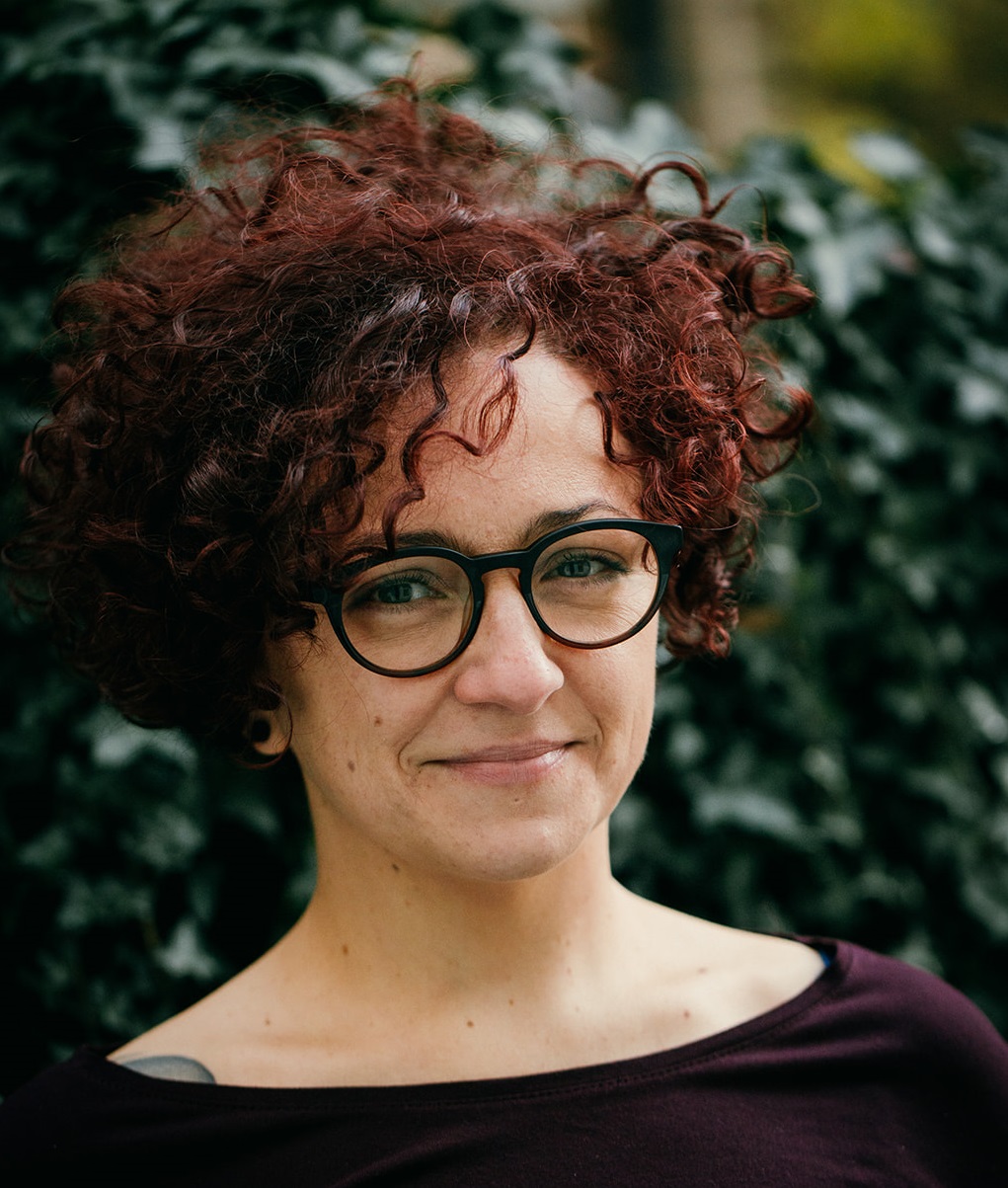
|
Elisa Spampinato is a Sicilian London-based Community Connector and Storyteller. She began travelling between different worlds and cultures from an early age and her passion for indigenous people took her to Brazil where she lived and worked for years. In almost twenty years of experience as a sustainable tourism professional and consultant, she has worked directly with many rural and traditional communities and collaborated with associations, NGOs and governmental bodies around the world. She is a travel advisor for Travel Matters UK and designs immersive transformational experiences with indigenous communities in Brazil, Rwanda and Kenya.She uses her storytelling skills to promote human encounters in tourism and break down cultural stereotypes. She speaks four languages and is currently learning Swahili while perfecting her French. She deeply loves music and the sea, and she has an innate passion for photography, which she strongly incorporates into her work. |
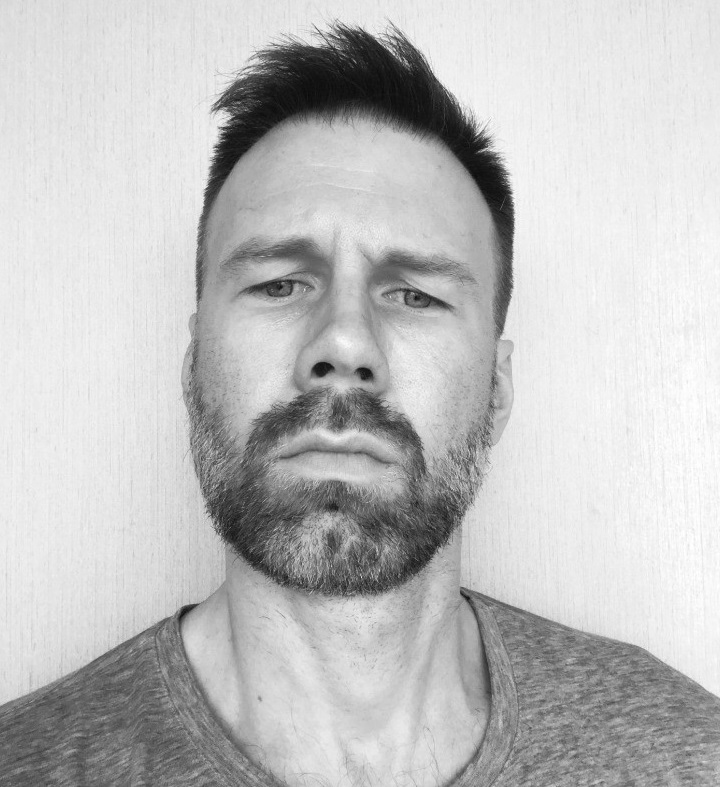
|
Jyl is a nomad at heart, and from a very young age, he has been fascinated by the beauty of the world. He travelled to numerous countries for short periods of time, soon becoming keenly aware of the fact that it takes time to truly feel a place, to get to know its people, and to create a real connection with both the land and the locals. In 2021, he created This Human Tribe with his partner Francesca. Since then, they have travelled in numerous countries of East Asia and published dozens of articles that, through photography and writing, paint the world at the crossroads between people, their lives, and the places around them. |
 | Brigitte Nitsch Moderator |
 | Aye Muang Panelist |
 | Sankale Ole Ntutu Panelist |
 | Charlotte Louwman-Vogels Panelist |
 | Elisa Spampinato Panelist |
 | Jyl Leblon Rapporteur |
Local Time
- Timezone: America/New_York
- Date: Jan 19 2024
- Time: 8:00 am - 9:30 am
Volume 55
Community-Based Tourism (CBT) works towards socio-cultural, environmental and economic sustainability. It promotes small-scale sustainable activities which distribute benefits to indigenous people. We discuss how cross-cultural interactions and exchanges between hosts and guests create mutual benefits and transformative experiences for both parties.
In this webinar, we will present the projects led by the Karenni in Huay Pu Keng, Thailand and the Maasai in Loita Hills, Kenya, and unveil the local stories and perspectives, highlighting the benefits of responsible tourism.
We share how visitors learn first-hand about local ways of life and living cultural traditions. Representatives from the local communities share lessons of the empowering process, which support gender equality and regenerative projects while they gain new skills.
Kazem Vafadari
Sankale Ole Ntutu
Charlotte Louwman-Vogels
Elisa Spampinato
Malcolm Cooper
Kazem Vafadari
Some Next Events:





